You are likely aware that the chocolate in your kitchen cabinet is toxic to your pet. However, many other items in your home are also hazardous to your pet. Several foods, medications, plants, and everyday products that are perfectly safe for people, can be poisonous to pets. In honor of National Pet Poison Prevention Month, our Palm City Animal Medical Center team is teaching you how to recognize the most common pet toxins, and helping you prevent your pet from being poisoned.
#1: Toxic foods
Chocolate, which contains methylxanthines—theobromine and caffeine—is the most common food-related pet poison because pets love the flavor and this treat is usually available in most homes. Dark chocolate, baker’s chocolate, and cocoa powder are the most concentrated and most dangerous chocolate types, while white and milk chocolates are less problematic. Chocolate toxicity may cause mild vomiting and diarrhea, or serious stimulant effects, including seizures, high body temperature, heart arrhythmias, coma, or death.
Chocolate is the most well-recognized food that causes pet toxicity. However, other foods that people eat can be toxic to your pet. In addition to chocolate, avoid feeding your pet grapes and raisins, macadamia nuts, onions, garlic, and related spices, alcohol, raw yeast dough, items that contain marijuana, and sugar-free products that contain xylitol.
#2: Over-the-counter medications
Some pet owners mistakenly believe that because over-the-counter (OTC) medications are safe for humans, they must also be safe for pets. However, many OTC medications intended for people can be toxic to pets, causing liver or kidney failure, severe stomach ulcers, or blood cell damage. Common OTC medications that are toxic to pets include:
- Tylenol
- Nonsteroidal anti-inflammatory drugs (e.g., ibuprofen)
- Cough and cold medications
- Vitamins and supplements (e.g., iron, vitamin D)
#3: Prescription medications
Pets like to chew plastic prescription bottles or may ingest pills that you have inadvertently dropped on the floor. Prescription drugs have variable effects on your pet. Some prescription drugs intended for people may be harmless to pets, but many others can be especially dangerous, including:
- Attention deficit hyperactivity disorder (ADHD) medications
- Heart and blood pressure medications
- Psychiatric medications
#4: Pet medications
Medications prescribed for your household’s pets may have enticing flavorings that attract your furry pals, making these drugs easier to administer. If your pet decides they like a flavoring a little too much, they could swallow the whole bottle at once and overdose. Keep these out of all pets’ reach!
#5: Indoor and outdoor plants
Cats who chew any lily plant part could go into serious, life-threatening kidney failure. Other toxic flower arrangements or plants may be in your home or yard. Consult the American Society for the Prevention of Cruelty to Animals (ASPCA) Toxic and Non-Toxic Plants list to determine which plants aren’t toxic to pets, and which you should remove before an accident happens.
#6: Rodent poisons
Rodent poisons are designed to attract and quickly kill small mammals, but they can also easily do the same to your pet. Rodenticides may cause internal bleeding, brain swelling, or sudden heart failure. If your pet ingests a rodenticide, their signs can be difficult to treat. Despite receiving prompt treatment, some pets die after ingesting rodent poison, which makes the avoidance of these products imperative to your pet’s health.
#7: Yard and garden products
Fertilizers, insecticides, and cocoa bean mulch are common items used in many yards, gardens, and sheds. Read product labels carefully to determine whether their use around pets is safe. Keep these poisons out of your pet’s reach in your garage or shed by securing them on a high shelf of a cabinet that can be locked.
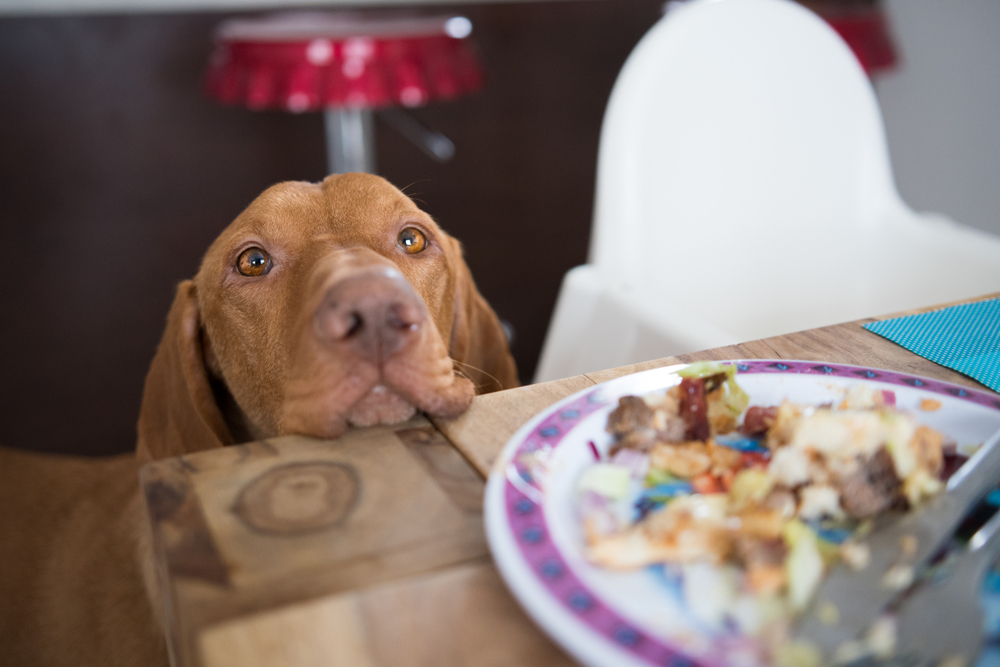
Tips to help prevent your pet from being poisoned
The best way to protect your pet from toxic items is to keep them out of their reach. To help keep your pet from being poisoned, follow these additional safety tips:
- Secure medications and household chemicals in high cabinets, and use child locks on cabinets’ doors.
- Keep bags and purses out of pets’ reach to prevent them from accessing their contents, which often include gums and mints with xylitol or OTC medications.
- Avoid feeding pets from the table and do not leave human foods unattended. In addition, prevent your children from having candy or food in their bedrooms.
- Follow directions on lawn and garden chemicals’ labels, and keep pets away when chemicals are in use.
- Do not use rodenticides on your property or allow pets to run off leash in rural areas where rodenticides may be prevalent.
If your pet comes in contact with or ingests a known or potentially toxic substance, immediately contact the ASPCA Animal Poison Control Center or Pet Poison Helpline. These organizations’ veterinary toxicology experts can determine if your pet’s health is in danger, explain the next steps you should take, and if your pet needs emergency veterinary treatment, they can also consult with and advise our veterinary team.
The Palm City Animal Medical Center team is available during business hours to care for your pet during emergencies, and you can contact us 24 hours per day, seven days per week for after-hours advice. If your pet needs immediate after-hours pet poisoning care, contact your local veterinary emergency facility.

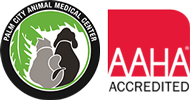
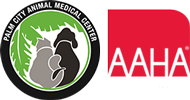

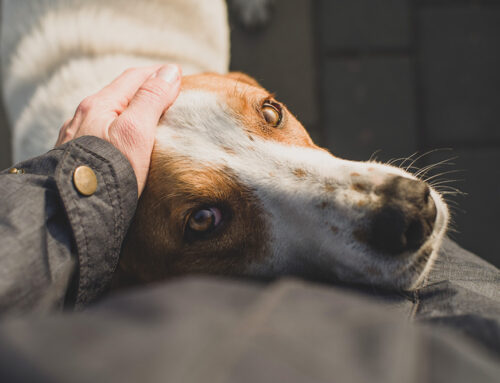
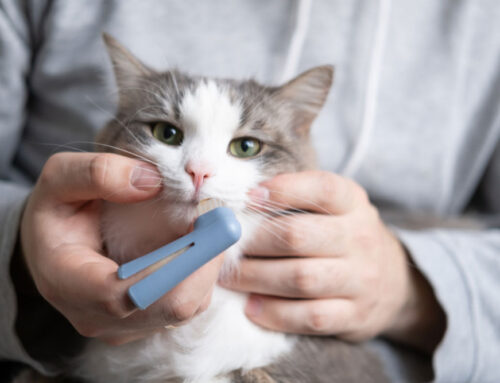


Leave A Comment